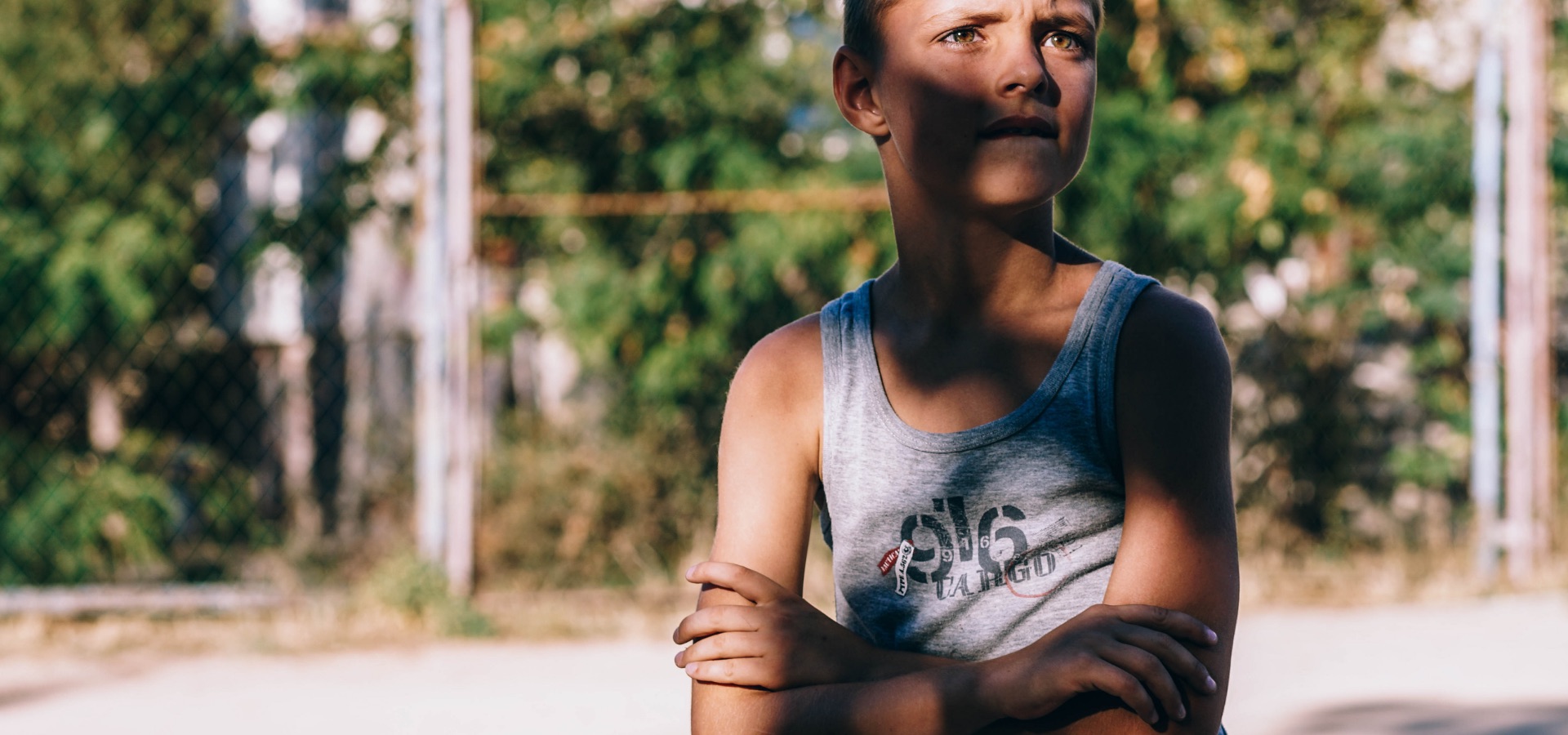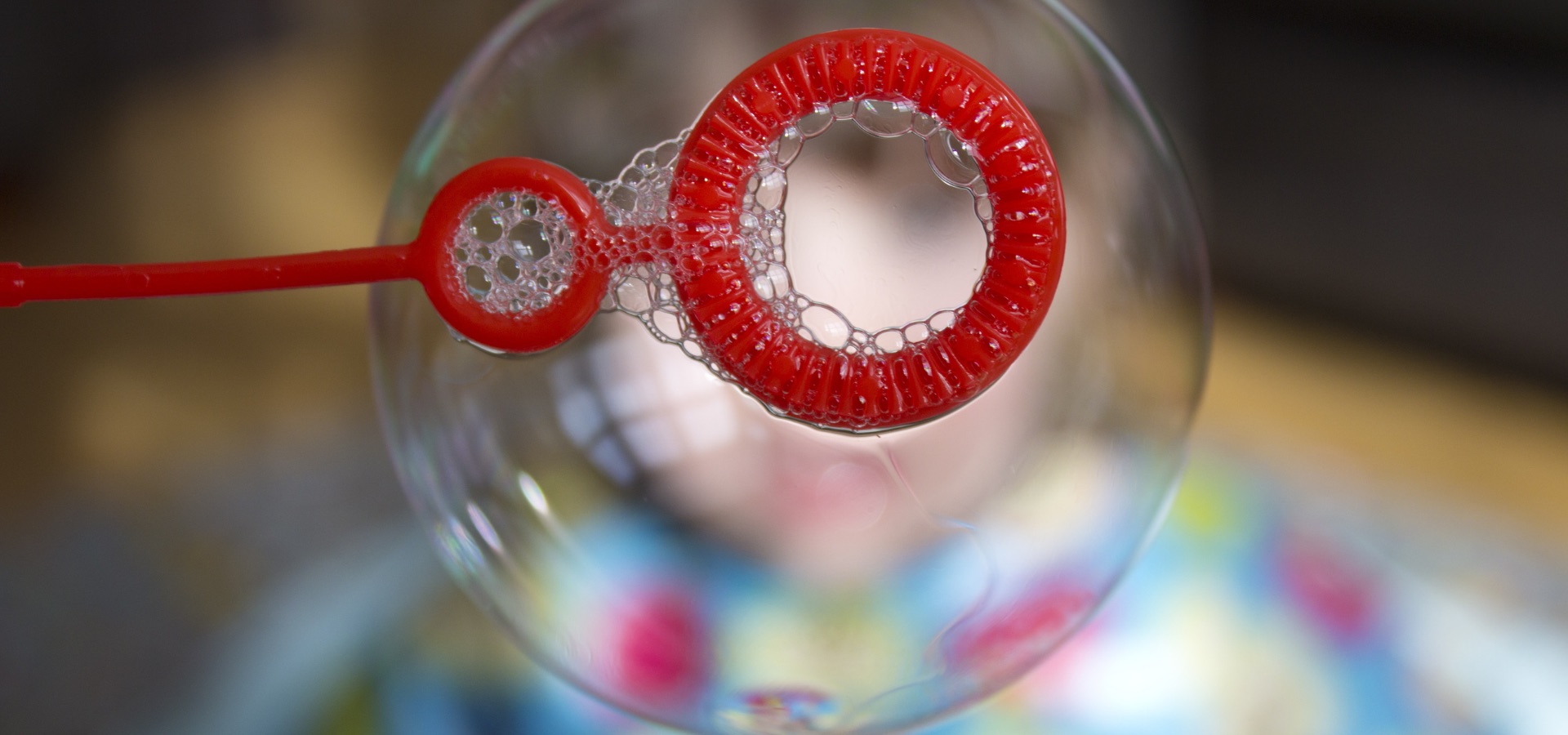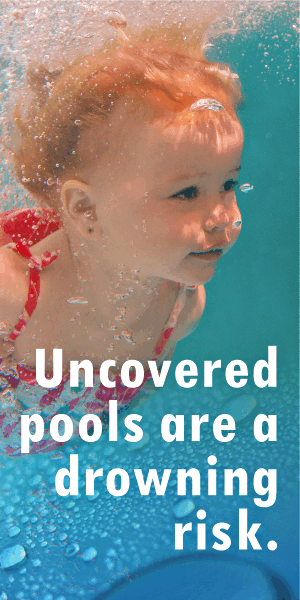When it comes to brain development, time in the classroom may be less important than time on the playground! In order to appreciate the value of play for a child, the following research makes interesting reading: “The experience of play changes the connections of the neurons in the frontal lobe of your brain,” says Sergio Pellis, a researcher at the University of Lethbridge in Alberta, Canada. “And without play experience, those neurons aren’t changed,” he says. It is those changes in the prefrontal cortex during childhood that help wire up the brain’s executive control centre, which has a critical role in regulating emotions, making plans and solving problems, Pellis says. So, play, he adds, is what prepares a young brain for life, love and even schoolwork. “The function of play is to build pro-social brains, social brains that know how to interact with others in positive ways.” But to produce this sort of brain development, children need to engage in plenty of so-called free play, Pellis says. No coaches, no umpires, no rule books, no interference unless safety is at risk. Animals and some birds engage in play, not just to learn survival skills as was previously believed, but to develop pro-social brains that enable them to interact and engage with others. They and humans share very similar play behaviour, abiding by similar rules requiring participants to take turns, play fair and not inflict pain. This interaction, learned early, is essential to the human ability to socialise with others. It also has the added bonus of leading to better academic results. If we know these facts, why are we moving towards restricting children’s opportunities to play, both at home and at school, and focussing more and more on desk/computer-based academics? Parents need to appreciate that in allowing their children plenty of opportunities to play, with others and alone, they are laying the foundations for academic success. This play is not to be electronically focussed. Children need active, experiential play so we need to get them out and about, exposing them to sensory-rich opportunities as often as possible. Learning is a whole-body experience and is not just for the head! Young children work hard at play. They invent scenes and stories, solve problems and negotiate their way through social roadblocks. They know what they want to do, and they work and plan to do it. We as adults must not be too quick to interfere in this process. There is a tendency to ‘bubble wrap’ children so they have little opportunity to work things out for themselves. This hampers them both socially and academically. So, what should parents do? From an early age a child need access to materials that will stimulate their sensory systems such as water, sand, things that make a noise, books with pictures they can relate to and toys of different textures. The contents of your saucepan and plastics cupboard will give hours of creative play while teaching concepts of matching, size, shape, texture and sound. Things that bounce, roll and change shape when pressed or pulled help develop spatial skills and visual acuity. Recent research has shown that, given a choice between a toy and a real object, babies of 5-6 months consistently choose the real item. Children must be free to move around once they are mobile, obviously with safety in mind, but do not fear the odd mouthful of grass or your child being dirty. Allow them to dig in the garden, pick flowers and when they are older, make mud cakes and grass ‘soup’ for their fantasy games. In the pre-school phase children need basic toys, not those with roles defined by the media as the latter limit imagination and the opportunities to plan and create. Provide the child with a good set of plain wooden bricks, a few non-battery-operated cars, a soft doll or two, a teddy, some plastic plates and cups and a big ball. Old blankets or sheets for making houses and tents and some boxes and crates will provide the basics for endless creative and imaginative play. Play dough, some crayons and big sheets of paper (not colouring books) and some paints will amply provide for creativity. (NB! colouring books tell a child that his/her drawing does not match up an is therefore not good enough. Colouring is a self-soothing activity, not a creative one.) Some play rooms look like toy shops and children become overwhelmed by the choice, tend to mix the toys in a random fashion and are then overwhelmed by the complexity of tidying up. There are commercial organisations that give parents the impression that unless they are buying educational toys on a regular, even monthly, basis, they are not doing the best for their child. More important than a new plastic toy, is facilitating fantasy play. The Russian psychologist Lev Vygotsky informs us that children rise above their average behaviour through play. Play is the work of children and it is through fantasy play that children make sense of their world. They must pretend and take on roles in order to understand. The more time children spend in dramatic play, the more they advance in terms of intellectual development and their ability to concentrate. As a parent, curb the extra murals and allow uninterrupted time and space for fantasy play. Props can be simple and minimal as pretending a block is a cell phone and a box is a racing car, your tablecloth is a cloak and teddy is a superhero is symbolic thinking and this will lead to creativity in writing at a later stage. Children also cope with emotions such as anger, fear and jealousy through playing out the scenarios with toys and friends. They become more self-disciplined as they discipline teddy, ‘You can’t have another sweet teddy, they’re bad for your teeth’. They develop resiliency as they play out being left when Mom goes to work or big brother teases them. They imitate teacher and consolidate concepts as they teach them



































